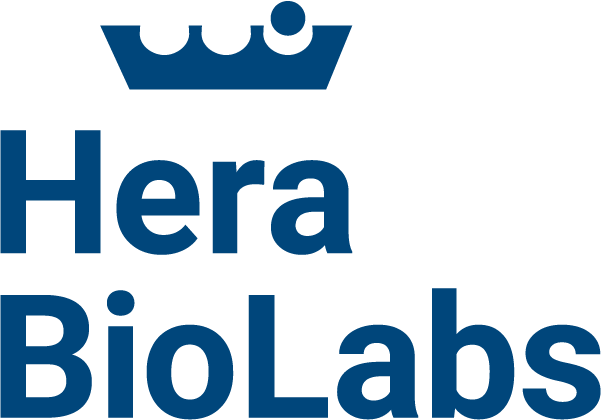- piggyBac Creates Human SIRPA BAC Transgenic Rat Models - It is widely accepted that humanized rat models offer distinct advantages in biomedical research, drug discovery and preclinical trials when compared to their mouse counterparts – the rat is genetically and physiologically more similar to humans and their larger body mass allows for more biological material to be harvested for evaluation. However, until recently, BAC (bacterial artificial chromosome) transgeneis in… Continue Reading >
- Humanized Mouse Models Give Hope To Allergy Research - With more than 3 billion people worldwide suffering from pathological allergic symptoms, it is no surprise that allergy research has become a top priority for pharmaceutical companies and allergy sufferers, alike. And while animal models have been used for some studies associated with allergic reactions and the potential efficacy of new allergy-related drugs, the reality is that the significant differences… Continue Reading >
- Hera BioLabs In Genetic Engineering News - Hera BioLabs and our VP of Research and Development Tseten Yeshi was featured this week in the Genetic Engineering News (GEN) article titled Humanizing Animal Models for Immuno-oncology. The article highlighted the various efforts to overcome the roadblocks in developing translational cures for cancer through creating models that mode accurately reflect the complexity of the disease. The efforts highlighted in… Continue Reading >
- Advancements In Stem Cell-Based Therapies For Malignant Brain Tumors - Despite many great developments in the overall treatment of cancers, glioblastoma (GBM) patients still have a pretty dire prognosis, with an estimated 5% five year survival rate and a median survival of approximately 15 months from diagnosis. One of the biggest challenges associated with the treatment of malignant brain tumors, including GBM, is how to effectively deliver drugs to the… Continue Reading >
- Hera BioLabs Receives PHS Approved Animal Welfare Assurance - Hera BioLabs, Inc. (Lexington KY) announced today that it has received Public Health Service (PHS) Assurance on humane care and use of laboratory animals from the National Institute of Health (NIH) Office of Laboratory Animal Welfare (OLAW). This PHS assurance allows Hera BioLabs to provide contract services to NIH grant-funded researchers from academia and industry in its new state-of-the-art animal… Continue Reading >
- Humanized Rodent Models: A Critical Research Tool - Chimeric humanized liver rodent models are being used by those at the forefront of biomedical and drug discovery research. These humanized models allow for critical in-vivo research to evaluate everything from human-specific drug toxicity to gene therapies. One area where humanized liver rodent models could offer tremendous potential is in the study of diabetes-related treatments. A recent article published in… Continue Reading >
- New Transgenic Rat Models Offer Superior Representation Of Human Cancers - Until recently, there has been a void in animal models that mimic the early-onset of bone and nervous system sarcomas found in humans, particularly children, with Tp53 germline mutations. However, researchers at the University of Missouri and the University of Utah have recently published their findings that Fisher 344-Tp53 knockout rats appear to exhibit a high rate of bone and… Continue Reading >
- Could Xenograft Rats Be The Future of Leukemia Research? - Chronic lymphocytic leukemia (CLL) is a relatively rare cancer, but it is still the most prevalent leukemia in adults and there is, unfortunately, still no cure for this disease. But recent research published in the official journal of the Federation of Clinical Immunology Societies (FOCIS), Clinical Immunology, offers some newfound hope in better understanding the progression and/or regression of CLL.… Continue Reading >
- Lexington Based Toxicology Lab, Hera BioLabs, Partners With The NIH To Use Firefly Proteins For Drug Discovery Research - Hera BioLabs, a Lexington based contract research organization (CRO), announced today a patent license and Cooperative Research and Development Agreement (CRADA) with the National Center for Advancing Translational Sciences (NCATS). The agreement is centered around a technology that uses a protein from fireflies called Luciferase, to image the activity of drugs and other chemicals in biological systems such as cell… Continue Reading >
- Solutions & Services - The quality of pre-clinical translational research often hinges on assay validation and in vitro and in vivo predictive modeling. Hera BioLabs is creating specifically engineered cell and animal models which offer robust and relevant assay platforms for efficacy and toxicity studies. Continue Reading >
InsightsHera Admin2022-01-13T09:32:40+00:00
